2022's weirdest innovations - five new products that divided opinion this year
Holes in seat tubes, integrated lights on road bikes and the adoption of F1-inspired air deflectors ensured that the keyboard warriors had much to write about this year
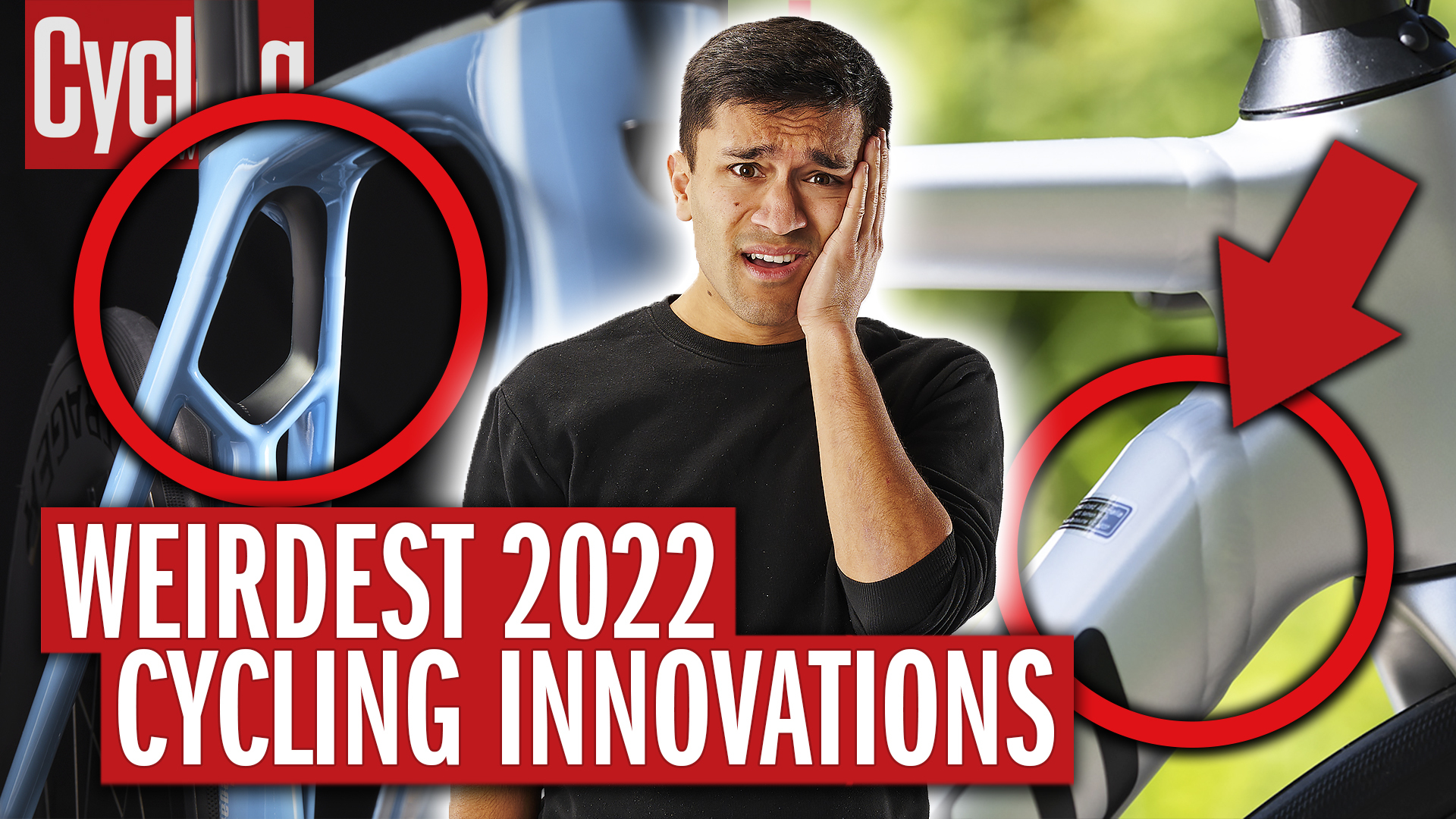

This past year brought us some of the most cutting edge bikes imaginable as brands continued to push the envelope in search of cycling perfection.
We had aero bikes with holes in, featherlight gravel machines and electric road bikes indistinguishable from their acoustic counterparts.
However, in some cases have these brands been pushing said envelope in the wrong direction?
Taking a glance at our YouTube channel comments section would leave us to believe that at times you'd prefer the engineers to keep their thinking well and truly inside the box.
But the cycling world has rarely stood still and the quest for faster, lighter, more efficient products has given us some truly revolutionary moments - as well as few raised eyebrows too. So in a nod to cycling creativity here are some of the weirdest innovations that have landed on the market this past year.
Cannondale Synapse SmartSense
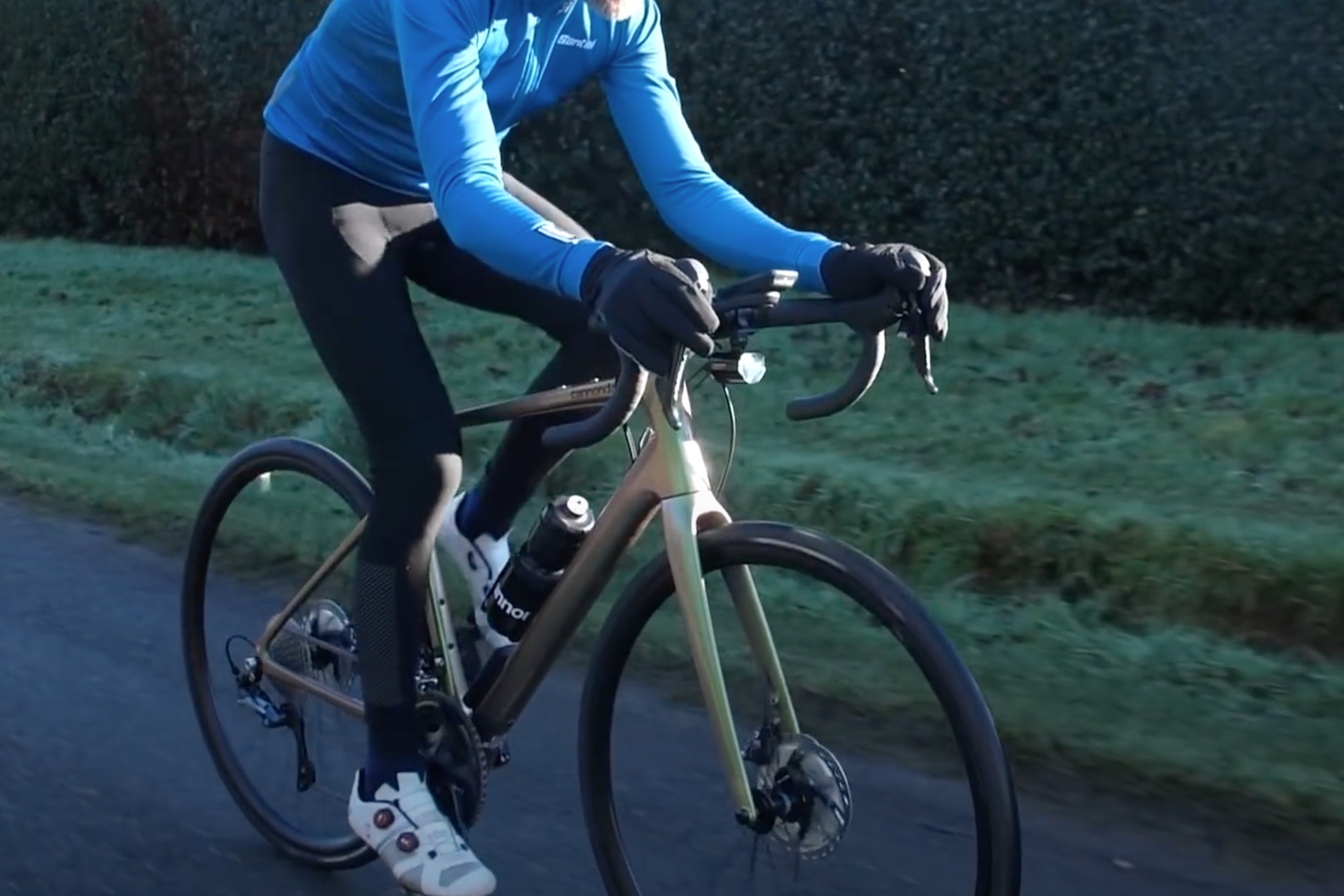
The start of the year saw us welcome the newest member of the Cannondale family, the Synapse, with SmartSense.
The SmartSense system sees the integration of lights into the bike with the option to also have a Garmin Varia radar built in too. The result is a single battery pack for all components, Lezyne lights specific to the platform and of course the associated cables and mounts.
The latest race content, interviews, features, reviews and expert buying guides, direct to your inbox!
When we covered the Synapse launch, as well as getting in a first ride, our comments section lit up like a Christmas. And it's fair to say the consensus regarding SmartSense was that it well and truly missed the mark.
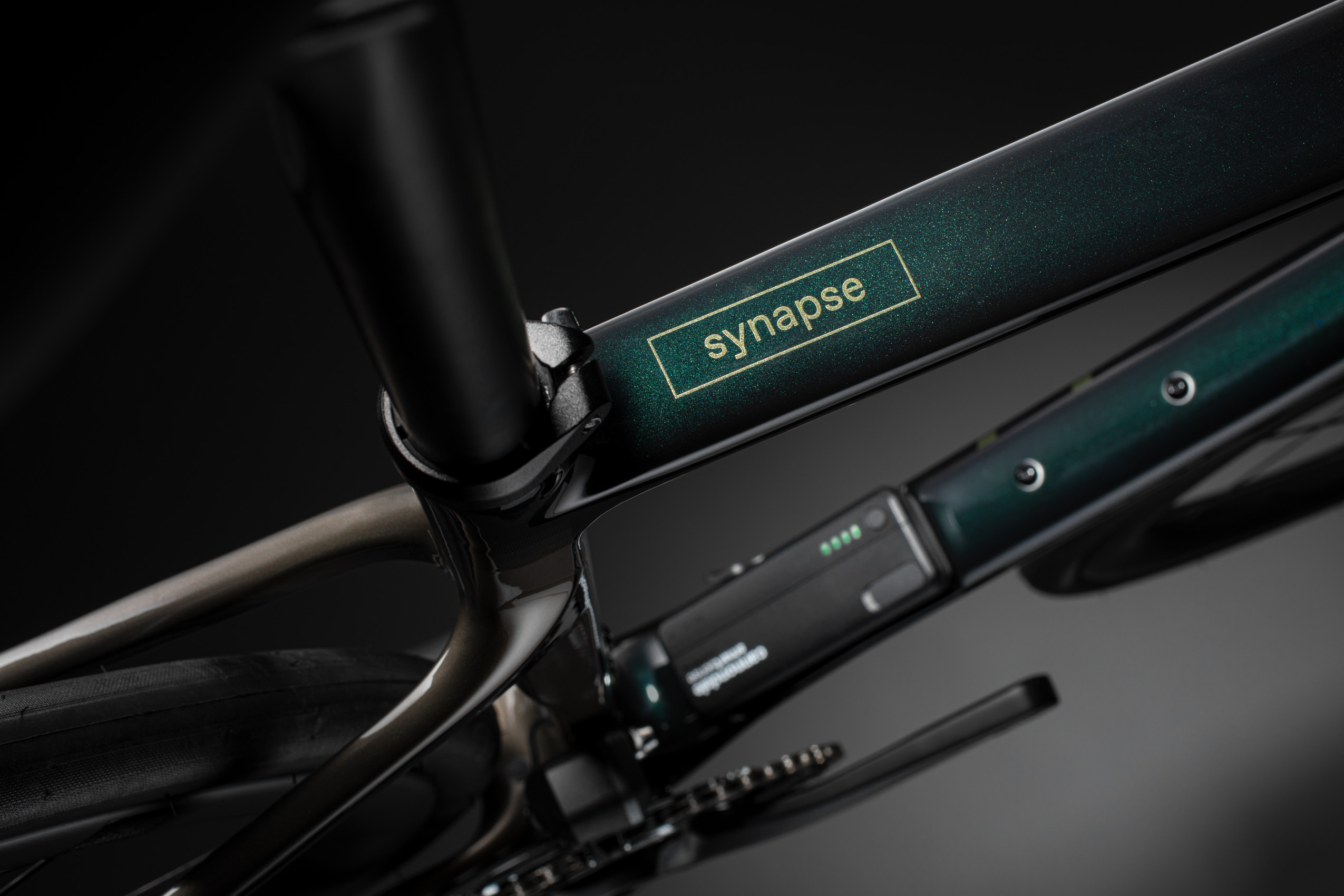
The common critiques were that the lights and battery pack were ugly, the lack of interchangeability of lights was a concern and that the lights were simply not bright enough. You also did not like the fact that you were being forced into buying extra lights which you may already own and thus inflating the cost of a bike in a market where bikes are already facing price hikes. There were plenty of other things you had to say about the system but these seemed to be the most common complaints.
Since the launch of SmartSense, Cannondale has only included the system on one other bike, that being the Topstone, but given the investment that will have gone into the system I’m sure it won’t be long until it spreading to other models.
For a lot of riders out there SmartSense certainly wasn’t a bad thing at all as the bike appears to be sold out in multiple sizes on a number of retailer websites. Perhaps the early adopters will pioneer the change of a more integrated system for bikes to adopt in the future.
Allez Sprint Smartweld
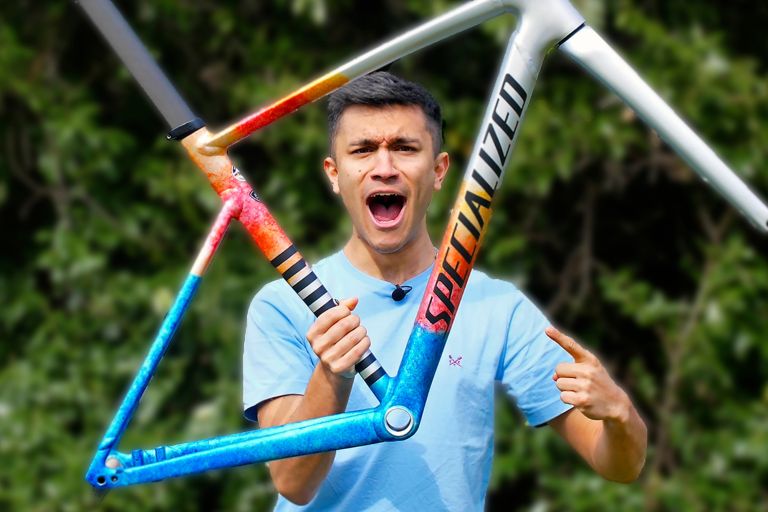
As we shook off the cobwebs of winter and entered spring, Specialized released their long awaited refresh to the Allez Sprint.
No longer was it a bike purely designed for tight and twisty criteriums or even fixed gear racing as the geometry was now a carbon copy of the Tarmac SL7, but that’s as far as the comparisons seem to go.
The bike can be found as a frameset or as a full build, a full 105 build costing £2900 or $3000, quite the contrast to a similarly specced Cannondale Caad13 which comes in at £2300 or $2325, for example.
But it wasn’t just the price of the bike which had people in uproar. It was the welds at the head tube which seemed to cause the biggest issue. Specialized were very proud to say that the bottom bracket had now been incorporated into the downtube meaning the welds found on the outgoing Allez sprint were no longer there which was no doubt a good thing. However, the Allez Sprint couldn’t fully shake the obvious welds and they ended up moving to an arguably more eye-catching spot and our audience were not happy.
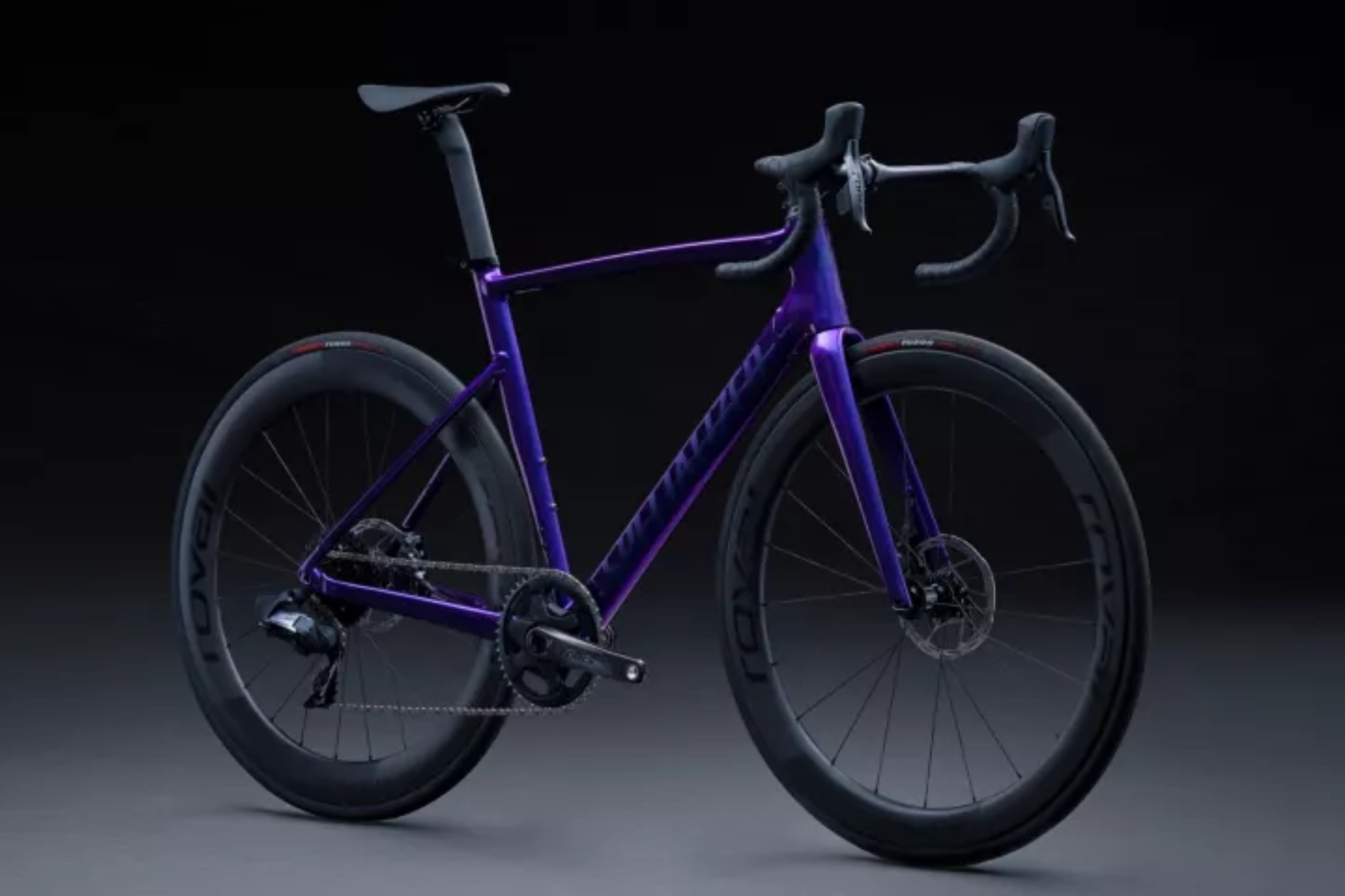
The reason why they moved was down to the latest headtube design, which was created to improve the bikes aero credentials. Specialized also claims that by moving the welds back, they were able to remove excess material and thus created a more uniform finish across the manufacturing process.
While I don’t think the welds are the biggest sin on this list, I’m sure many of you would disagree. However, with a patterned paint job, the welds very quickly disappear and become virtually invisible. It’s also worth remembering that when the first Allez Sprint launched, people slammed the welds on that too but the bike still went on to be incredibly popular with amateur racers wanting something a bit less high risk to throw around a criterium saving their Sunday best from a potential crash. I’m also happy to see high-end aluminium bikes are still being worked on and those not wanting to adopt carbon still have that premium option.
Trek Madone IsoFlow
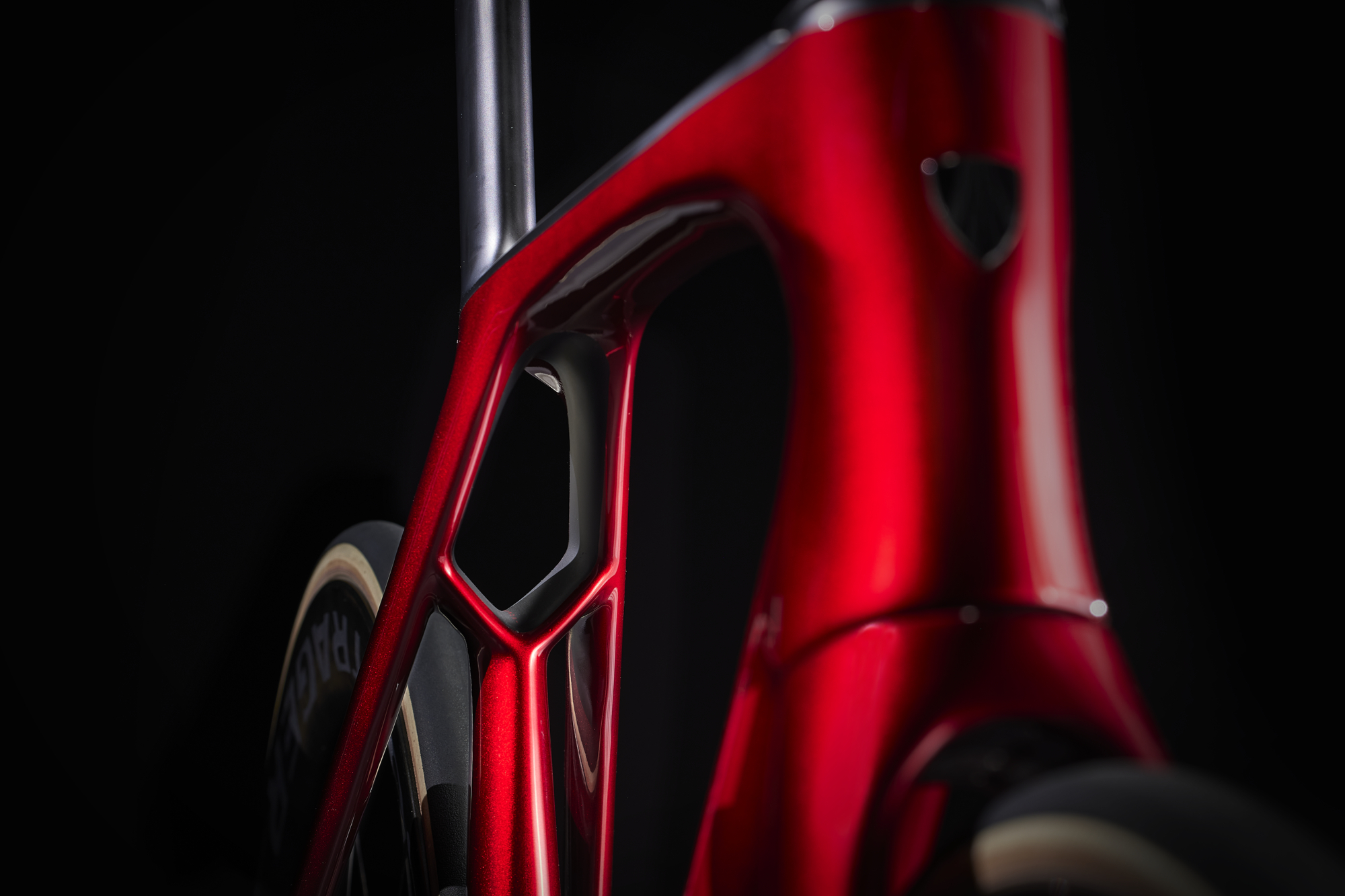
The Tour De France is always a platform for new bikes and tech and at this year's race we were introduced to the latest iteration of the Trek Madone.
With a radical new design came some radical aero claims. Trek claims that the new Madone will save 60 seconds at 45kmh compared to the old version largely thanks to the new IsoFlow technology which it incorporates into the seat tube cluster.
The reaction wasn’t too bad to this new technology, if anything there was more intrigue around it and questions of ‘does it actually do anything other than increase the price?'
Well, it did influence the latter, as the cheapest Madone with the IsoFlow feature comes in at £7,600 or $7999.99 for a 105 Di2 specced version and then goes stratospheric if you wanted a SRAM Red eTap version which would set you back £14,500 or $13,199.99.
Trek has made a bold statement with this pricing as it’s beyond what other competitor brands have listed their range topping race bikes at. For example a similarly specced Specialized Tarmac SL7 with Sram Red eTap will set you back £13,250, which is still an incredibly large amount of money to pay for a bicycle.
Until we get our hands on the bike and really get to grips with the speed it has to offer, we’ll reserve judgement on the tech itself. However, Mads Pedersen's stage 13 win at the TdF aboard the new Madone points to a bike that's fit for purpose.
Specialized Diverge STR
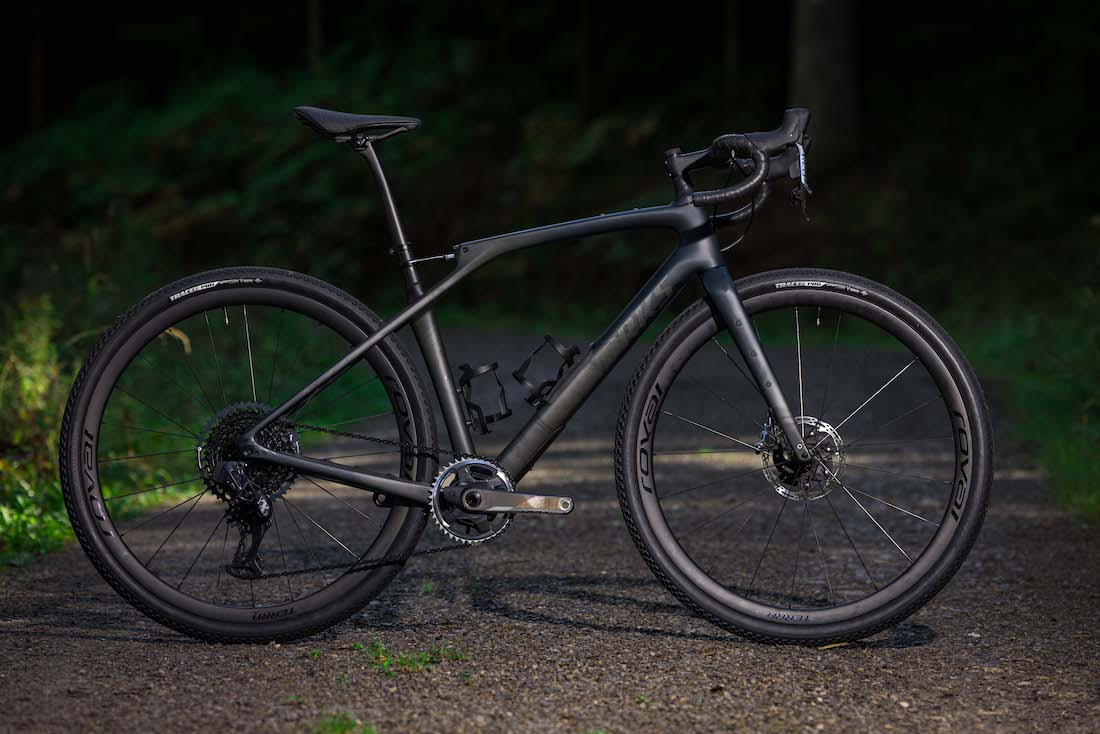
The only brand to appear twice on this list is Specialized. Maybe that’s because both innovations came from the same man, Chris D’Alusio. While his work with aluminium is very well known and as such has a welding style named after him, the new Diverge offered a chance for him to make his imprint on the world of gravel too.
Chris and the team at Specialized created a system where they could incorporate another FutureShock at the seat post cluster. The FutureShock works in tandem with the frame post that Specialized fitted inside the seat tube. Once put together, the result is a seat post that can move back and forth and provide 30mm of travel creating a smoother ride over rough terrain.
The aim of the technology found within the Diverge STR was to ‘suspend the rider’ hence the STR in the name, and while I did get to enjoy the clear benefits of the new technology and give it a thorough beating in the British wilderness (as did our North American editor on her side of the pond), when the bike launched, the overwhelming complaint seemed to stem from the fact that the inclusion of a second future shock was just a gimmick. Alongside this, the eye watering price of the bike was also a firm gripe among viewers with the starting price of £7,500 / $7,500 proving too much to stomach for some.
Bianchi Oltre RC
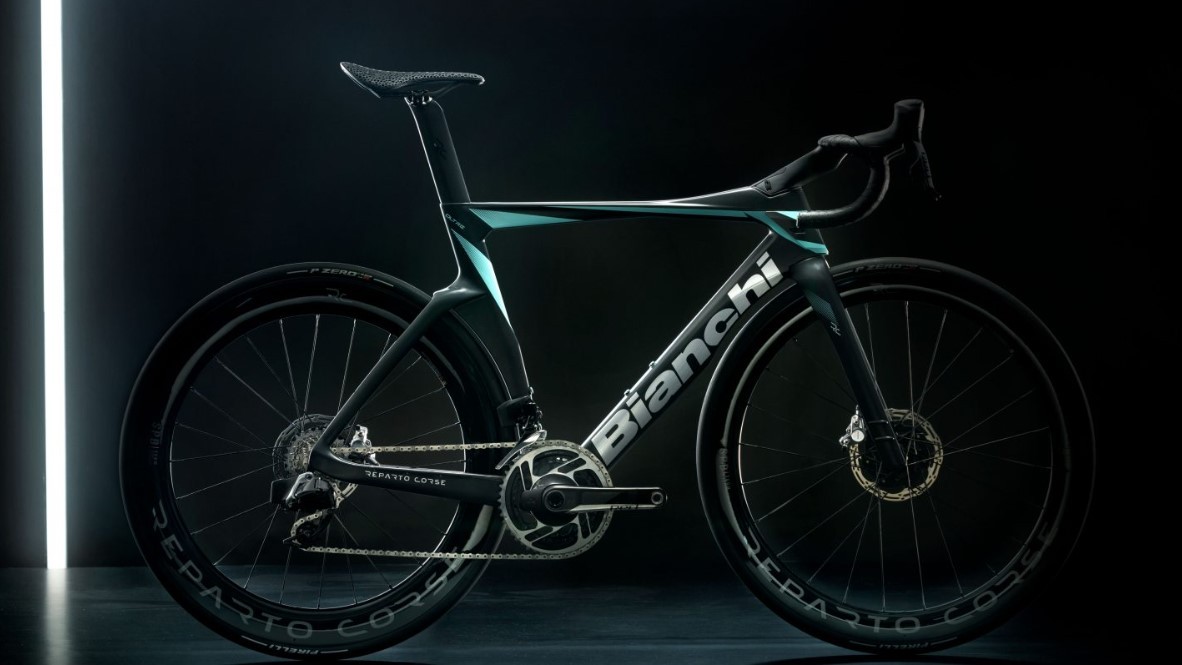
Last on the list and most recently released is the Bianchi Oltre RC, the flagship aero offering from the Italian brand.
This bike plays the same role as the Madone does for Trek, with both bikes making it into our list of the hottest five aero bikes for 2023.
The key features of the bike can be found around the headtube. First up, Bianchi have created their own integrated carbon handlebars which strike a similar resemblance to Cervelo’s S5 bars, however these also feature some humps on the tops of the bars to further their aerodynamic credentials.
However, it’s when you look slightly further south of the bars that things get interesting as Bianchi have incorporated some F1 inspired tech into the headtube.
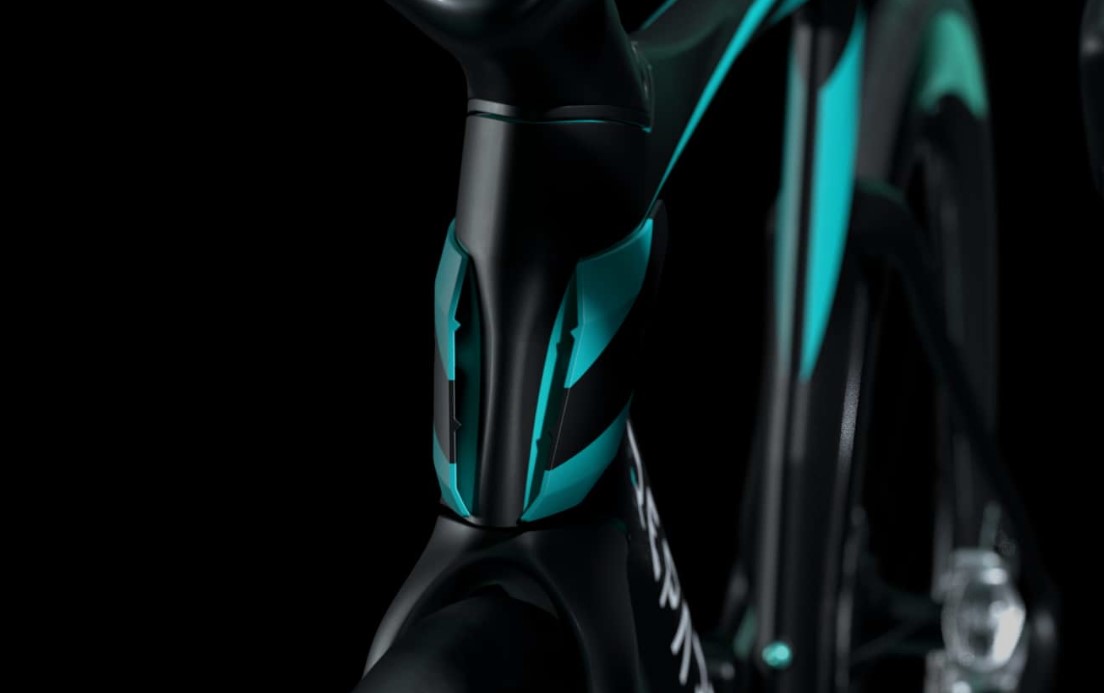
Dubbed air deflectors by Bianchi, they claim to reduce drag against the frame and work in tandem with the handlebars to protect the low pressure area it creates for the cyclist's legs.
Soon after the launch of the bike, it was discovered that the air deflectors were actually deemed illegal by the UCI and would not be allowed in any of its sanctioned events. Once again our audience labelled this another gimmick posing as innovation with the only purpose of selling more bikes. It’s hard to argue against when you consider that the only riders which could feasibly benefit from such a development aren’t allowed to use it. Only time will tell what the future is for this innovation and I for one am looking forward to getting my hands on one of these bikes to see how fast it really is out on the road.

After discovering his love of cycling in college, Sam has always kept two wheels very close. Having spent over five years working in a couple of local bike shops, it's fair to say he enjoys getting hands on. He also loves to push himself to ride ever longer distances and to explore as many new places as possible.
Sam has been Cycling Weekly's video manager since January 2022. You'll find him on our YouTube channel where he brings you the latest cycling tech news, rides, reviews and all of the most important new launches while taking in some incredible cycling adventures too.